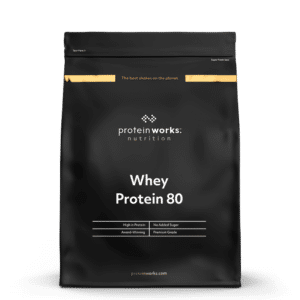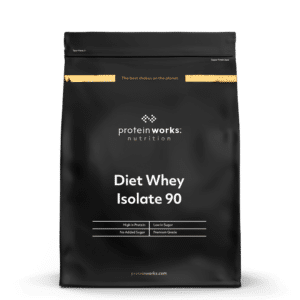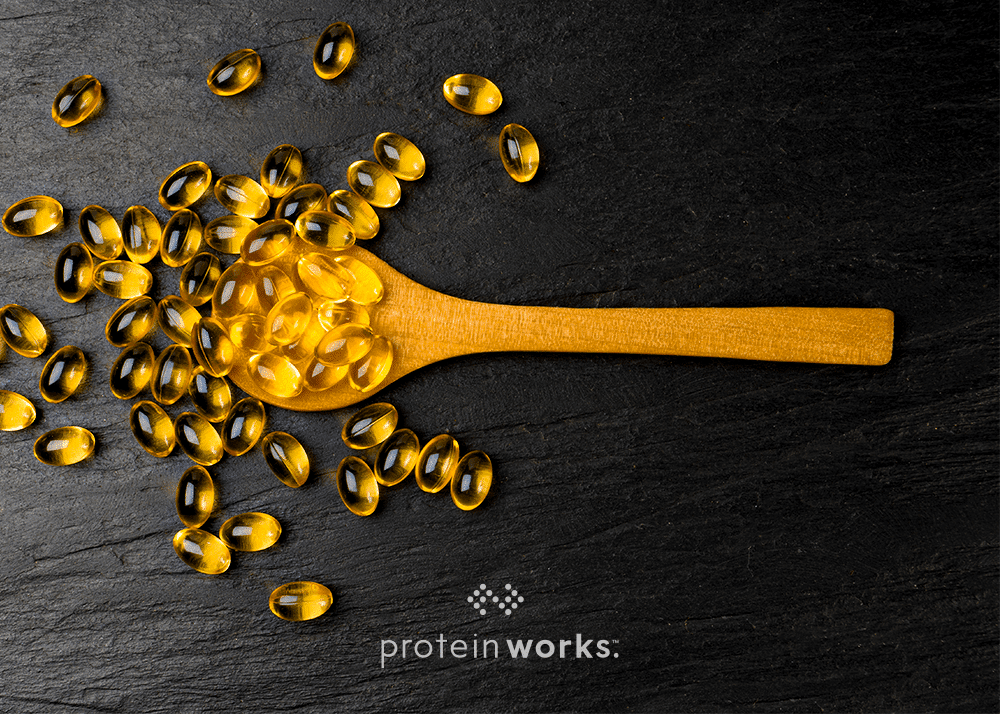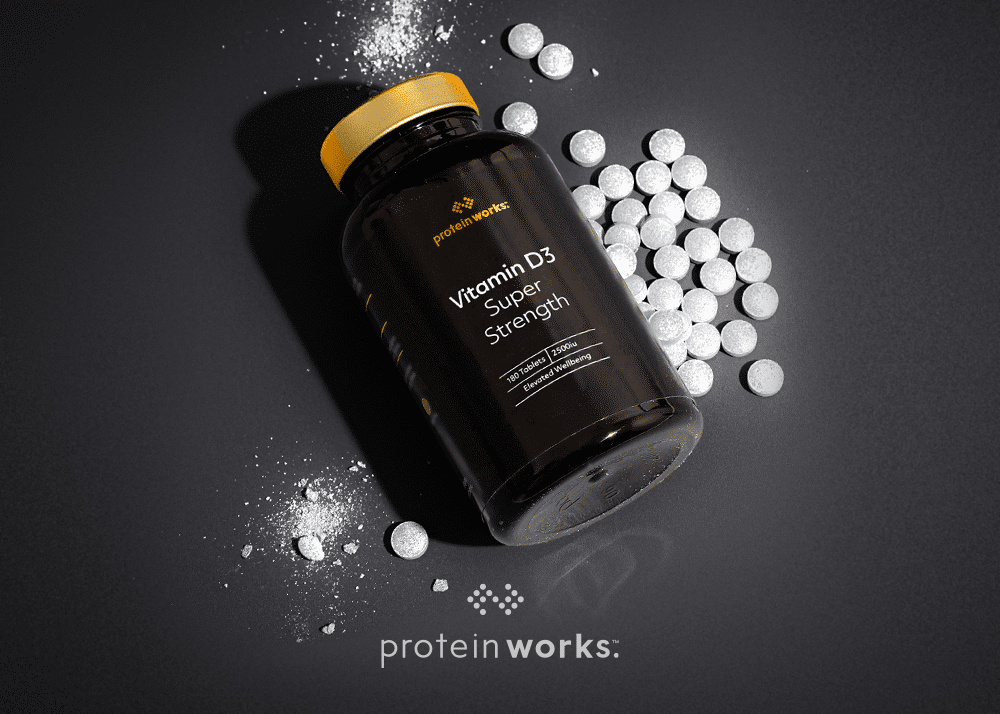Hydrolysed whey protein is an ultra-pure, rapidly absorbed protein. As hydrolysed whey protein is effectively pre-digested, the body doesn’t need long to digest protein chains before it can use them. In this article we look into the potential side effects and of hydrolysed whey protein and why it has so many excellent properties. Is there too much of a good thing?
Side Effects of Hydrolysed Whey Protein & Whey Protein
As a relatively new type of protein, very little research exists into the specific side effects of hydrolysed whey protein. It is more likely that any side effects would be the same as any other whey protein. The high digestibility of hydrolysed whey protein makes it easier for the body to absorb so it is unlikely that these smaller chains of proteins would cause any more negative affects than any other protein type. If anything, this would be more likely that hydrolysed whey protein will have less negative side effects even though it has a higher protein content than any other proteins.
For example, the allergic reactions associated with whey protein consumption in general. People that are lactose or dairy intolerant may have an allergic reaction to whey protein. As whey protein is derived from milk this would obviously cause a reaction. However, the more pure the protein source, the less likely this is to happen. Hydrolysed whey protein yields an ultra-pure high protein content that makes it less allergenic. The processes involved in making hydrolysed whey protein purify it to such a degree that the milk allergens and lactose is removed. This makes hydrolysed whey protein the least likely form of protein to cause an allergic reaction.
Is Hydrolysed Whey Protein Worth the Extra Cost?
After reading about the unique properties of hydrolysed whey protein you could be forgiven for thinking it is the ultimate protein. In a lot of respects it may be. Hydrolysed whey protein is the most rapidly and readily absorbed protein type. These advantages provide sound rationale for using hydrolysed whey protein. However, this does not mean it should be used as a sole protein source. If you are to consider that whey protein absorption rates are generally thought to be close to the following:
Hydrolysed Whey Protein: 10-30 minutes
Whey Protein Isolate: 30-60 minutes
Whey Protein Concentrate: 60-90 minutes
Then you must consider how important absorbion times are to your individual lifestyle. If you are after a shake with the fastest absorption rates then hydrolysed whey is your golden ticket, but if you’re less bothered about such things then perhaps you could save those extra pennies and go for an isolate or concentrate.









No Comments yet!